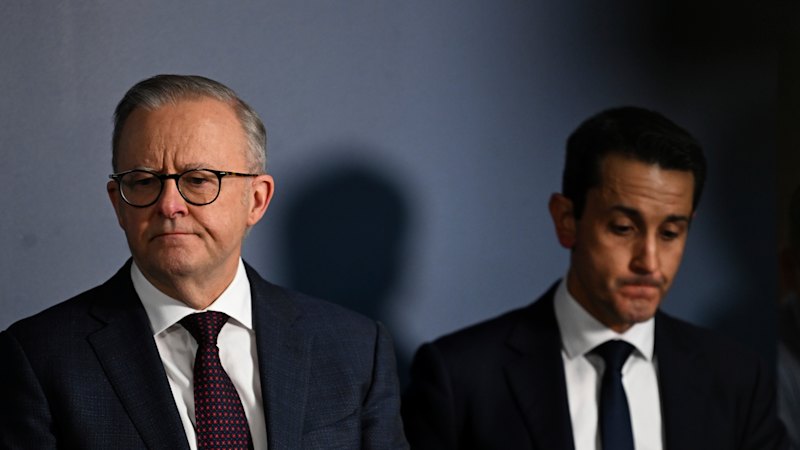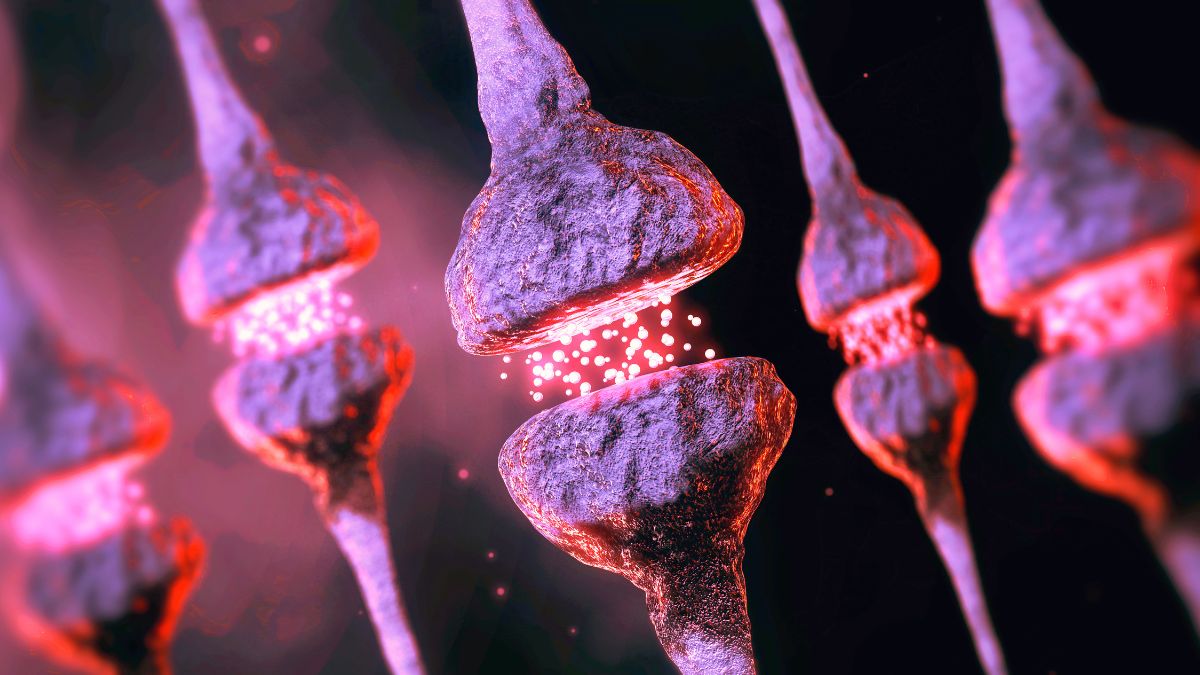
Queensland Premier David Crisafulli has intensified calls for increased federal health funding, highlighting the critical situation faced by aged care and disabled patients in hospitals. Speaking from Redland Hospital on October 8, 2023, Crisafulli emphasized that many patients remain “stranded” in hospital beds while awaiting permanent care arrangements, a situation he described as both alarming and unacceptable.
During a press conference, Crisafulli criticized the federal government for its lack of support, referring to a metaphorical “cannoli diplomacy” with Prime Minister Anthony Albanese, rooted in their shared Italian heritage. He claimed that responsibilities for the National Disability Insurance Scheme (NDIS) had been improperly transferred to state governments, exacerbating the challenges faced by Queensland’s health system.
At Redland Hospital, approximately 60 out of 262 beds—around 22 percent—are occupied by long-stay patients who are awaiting placement in appropriate facilities. Crisafulli noted that this situation is not unique to his jurisdiction; it extends to various regions in Queensland. “They’re stranded in hospitals where they should be given the dignity of care in dedicated facilities,” he stated. He added that the pressure on the health system is alarming, particularly for families affected by these delays.
Health Minister Tim Nicholls echoed Crisafulli’s concerns, revealing that statewide, approximately 1,126 patients occupy long-stay beds in hospitals. This figure represents a significant burden on the healthcare infrastructure. “This is a hospital the size of the Royal Brisbane and Women’s Hospital, the largest hospital in the state,” he remarked, emphasizing the scale of the issue.
Growing Pressure on Queensland’s Health System
Crisafulli described Queensland as “the tip of the spear,” indicating that the state’s decentralized structure makes it particularly vulnerable to healthcare pressures. He pointed out that other state and territorial leaders have also begun to advocate for more federal involvement, highlighting a collective recognition of the urgent need for reform. “This is uncharted territory—it’s very rare for state and territory premiers to come together like this,” he said.
The premier’s renewed appeal for funding comes in the wake of previous criticisms directed at federal Health Minister Mark Butler. In early October, state governments raised concerns over proposed budget restrictions that could reduce funding across health, aged care, and the NDIS. These cuts are expected to drastically limit the resources available to state governments, with potential shortfalls amounting to tens of billions of dollars.
In response to the criticism, the federal government has stated its commitment to covering 42.5 percent of public hospital costs by 2030 and 45 percent by 2035. Last month, it also announced an additional $20 billion over five years for public hospitals, part of a broader commitment that totals $195 billion. However, Crisafulli contended that these figures still fall short of earlier promises and do not adequately address the current needs of Queensland’s healthcare system.
As the situation develops, Crisafulli and Nicholls continue to advocate for a more robust federal response to ensure that patients receive the care they deserve. The ongoing dialogue highlights a critical juncture in Australian healthcare policy, with both state and federal governments facing mounting pressure to deliver on their commitments.







